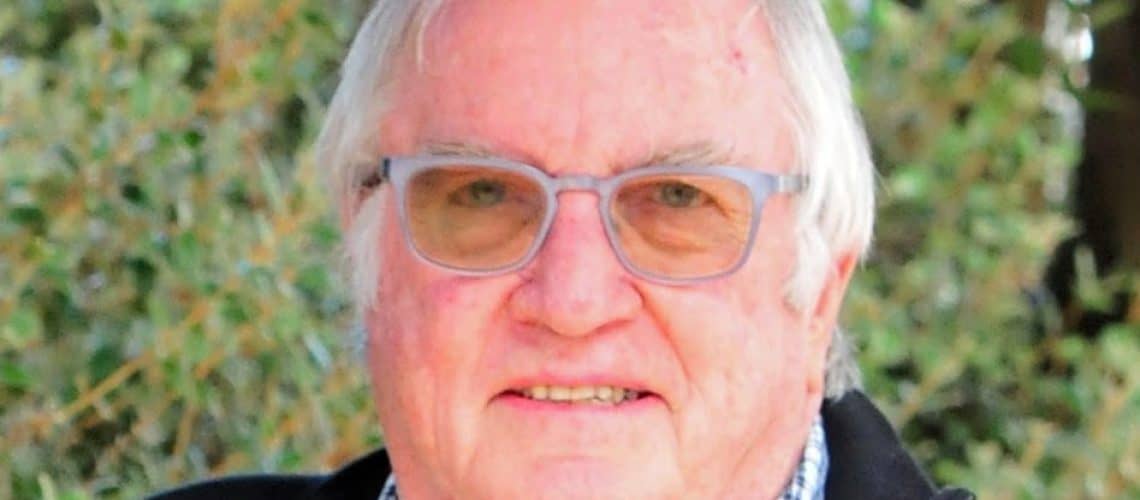Volunteer Mick Calder writes about the current trend of moving way from the term ‘elderly’
There is an ongoing global debate about describing older people as a group. The trouble is in finding a satisfactory word to refer to a very heterogeneous collection of citizens over the age of 65 years.
As soon as you start, you run into the problem that just about any generic word can or could cause offense to either a single person or a sub-group of the population you seek to define.
When it comes to a crunch, it is the collective word or words used that can cause many of the problems. The issue is that society will try to use a single word to define a group of people comprising some 15% of the population, aged between 65 and over 100 – a 35 year age spread. It includes any number of people with different abilities, interests, and levels of experience, living in a multitude of different circumstances – from those who are well off, to those getting along as best they can.
Other groups, like children, are more easily defined as they are lumped into smaller well-understood cohorts of pre-school, primary or secondary-aged groups, without generally offending anyone.
But defining over 65-year-olds in a single group is a problem. It may be that the word chosen becomes over-used or associated with (real or imagined) negative aspects of the group and thus becomes unfashionable or unwanted. The current ‘out of favour’ word is “elderly”. Does this phenomenon go in cycles?
That brings up my memory of a skit by stand-up comic Stan Freberg back in 1957 (I had to do a Google search to find the date). He was interrupted by a censor from the ‘citizens radio committee’ who objected when Freberg began to sing “Old Man River”.
The censor claimed “The word ‘old’ has a connotation that some of the more elderly people find distasteful. I would suggest you make the substitution.” So, Freberg changed it to “Elderly Man River”. The song went on with frequent interruptions from the censor!
Now the term ‘elderly’ is out of favour, and there is a whole lot of substitutes including ‘older people’, ‘seniors’ and the rather unfortunate ‘older adults’ which is a confusion, in its own right.
My question is whether it is the older generation who is worried about this, or those who face the future prospect of being stereotyped by an ageist collective name? I would hate to raise the issue of political correctness.
Admittedly, there are reasons some negative connotations come about, such as the perceived cost to society due to superannuation and health charges, and there are seniors requiring support because they are isolated, disabled, become frail, or have mental health issues. But this should not be regarded as being any different from other sections of society, – education, social welfare, unemployment, police, or corrections. It is all part of the cost of living in New Zealand.
This view skates over the fact that many of these seniors have already done their service, paid their taxes etc., and yet continue to contribute to society by volunteering their time and experience to assist others. Some of them may not have the stamina of the younger brigade or be as mobile but that does not stop them offering their services. A government report from 2016 showed that around 1.2 million kiwis volunteer for at least one charity or not-for-profit organisation, which adds up to over 157 million hours donated to our communities each year. The value of volunteers’ labour alone contributes $3.5 billion to our GDP. Many of the volunteers are seniors who have experience and wisdom gained from a lifetime of getting on with it. So, seniors could be regarded as contributing to, as well as depending on society and life in Aotearoa New Zealand.
Just like those other sectors of the population, there are organisations established to provide support and care for the less active older members of society. Age Concern Wellington Region provides a Visitor Service, Companion Walking Service, Pop-up Hubs for Seniors, Steady as You Go fitness and balance classes, as well as Staying Safe driving workshops and Tea and Tech classes to assist seniors in their daily lives.
From a personal point of view, I don’t really care what generic name I am saddled with at 80 – elderly, oldies, silver tops, old farts, ancients, sages.
If you have been around as long as me and most of my mates have, you have been blamed, shamed, occasionally framed, and renamed. Basically, it is not something I lie awake at night worrying about.
I am of the opinion (and you can get opinionated when you have reached a certain age) that most of the venerable, revered, occasionally forgetful people don’t lose any sleep over what the rest of humanity calls them.
There is more to life than worrying about a collective noun.
What do you think? Here at Age Concern we’re interested in your views.
~ Mick Calder

